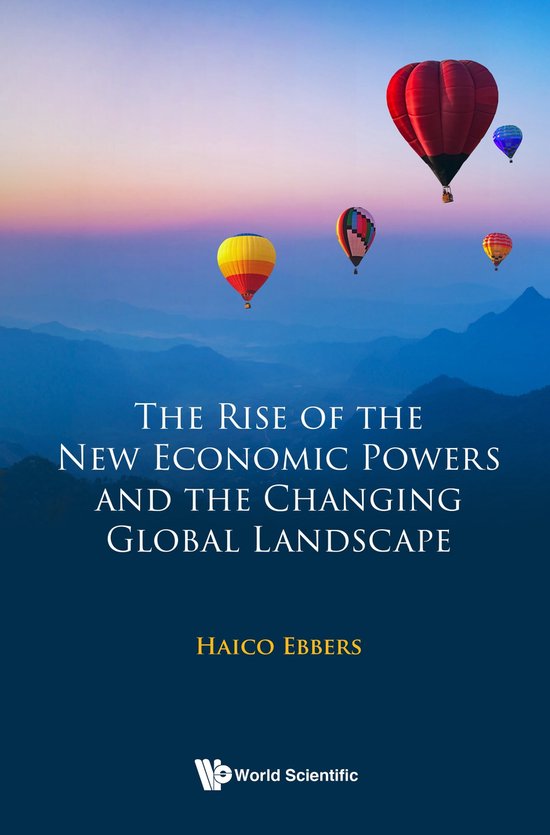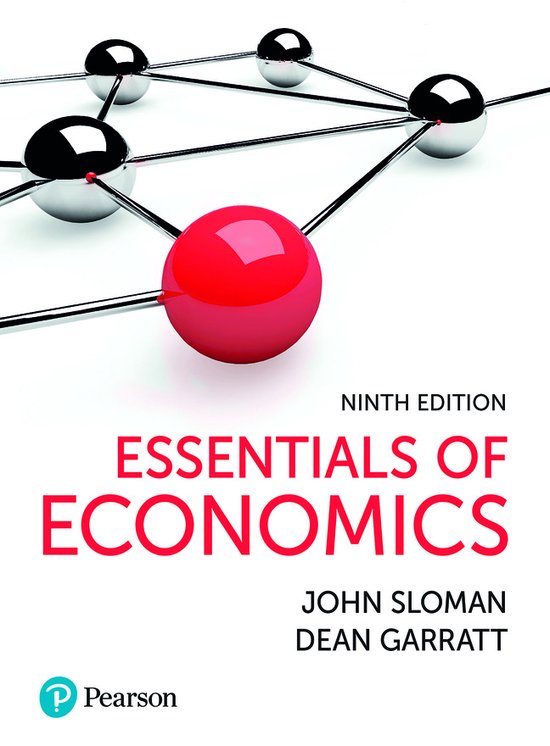
The Rise of the New Economic Powers and the Changing Global Landscape
This book explores the catching-up process of a group of large emerging markets: the New Economic Powers. This process is extremely robust and should be considered as the defining trend of our age, resulting in a pivotal change in world economics and politics. The outcome is that the West cannot dominate the world as it did in the previous 200 years. Today's world is pluralistic, and the larger emerging markets are becoming increasingly influential. That is the new reality, which at times caused, and will cause, further discomfort and uncertainty in the West.
In the eight chapters, the viewpoints on globalization of nine New Economic Powers are discussed. Each chapter is an essential element in understanding the process of globalization and the role the New Economic Powers play in it. Essentially, their views are guided by a fundamental different look about the role of the market and the government in society, compared to what we see in the West. The New Economic Powers understand the power of the market to create prosperity, but at the same time emphasize the need for government interference. This delicate balance is particularly visible with respect to their international trade and investment policies, which bring them in conflict with Western countries and multilateral institutions such as the WTO and the IMF. The book helps the reader to understand the fundamental choices made by policymakers in the New Economic Powers.
Contents:
- Why a Book on New Economic Powers?
- Understanding Why Countries Grow
- The Catching-up Process
- Common Characteristics and Important Differences
- Globalization and NEP Viewpoints
- International Trade and the Role of the NEP-9
- Global Governance and NEP-9
- Foreign Direct Investments and the NEP-9
Readership: University students and academics specialising in developmental economics, political economy, and international economics.
Key Features:
- Nine specific emerging economies are selected and their effects on the principal aspects of globalization are examined
- Long-term trends and developments will be looked at
- This book adopts a broad, integrative approach, weaving together both political and economic analysis
| Auteur | | Haico Ebbers |
| Taal | | Engels |
| Type | | E-book |
| Categorie | | Mens & Maatschappij |




